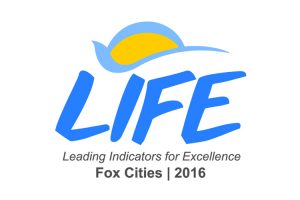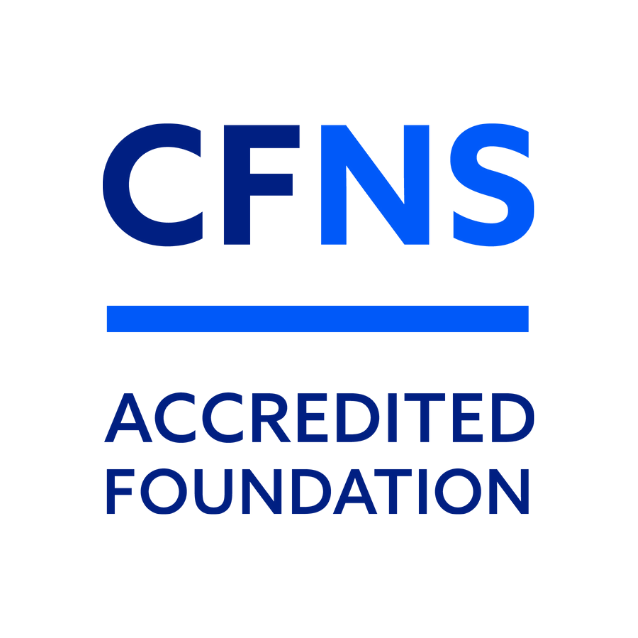Eco stats show clean living in Fox Cities
The Fox Cities offer clean air, good water and plenty of places to enjoy the outdoors — if we choose to take advantage of them.
The 2016 Fox Cities Leading Indicators for Excellence (LIFE) Study reports that from 2012-14 our air quality rated as good 72% of the time, moderate 27% and unhealthy just 1%.
 The LIFE Study has been conducted every five years since 2001. It is sponsored by United Way Fox Cities, the Fox Cities Chamber of Commerce and Industry and the Community Foundation for the Fox Valley Region. The study looks at Outagamie, Winnebago and Calumet counties. The four priorities for community change selected by a cross-section of more than 200 area residents in a daylong examination of the LIFE Study were: poverty, youth health, student performance, and youth safety. We will highlight different sections of the report weekly here in The Loop. Read more at foxcitieslifestudy.org.
The LIFE Study has been conducted every five years since 2001. It is sponsored by United Way Fox Cities, the Fox Cities Chamber of Commerce and Industry and the Community Foundation for the Fox Valley Region. The study looks at Outagamie, Winnebago and Calumet counties. The four priorities for community change selected by a cross-section of more than 200 area residents in a daylong examination of the LIFE Study were: poverty, youth health, student performance, and youth safety. We will highlight different sections of the report weekly here in The Loop. Read more at foxcitieslifestudy.org.
Water quality is a bit more of a concern. Health risks associated with water quality are consistently low, but occasional summer algae blooms on Lake Winnebago — the area’s major surface water source for municipal water — can threaten water quality. Efforts will be stepped up in the coming years to control phosphorus runoff from farm fields and industry, thought to ignite the algae blooms. A legacy of the manufacturing of carbonless paper, sections of the Fox River contain high levels of PCBs. Dredging and capping operations to control the levels continue. Mercury, ammonia and suspended solids also are concerns.
Another piece of our paper manufacturing history provides the largest source of alternative energy. Dams built to harness the river for milling wood and later running paper machines produce 62.5 megawatts of hydroelectric power, by far the largest share of the 6% of energy consumption supplies by alternative sources.
Our hunting, fishing and outdoor education traditions are demonstrated by our extensive park land and trails.
Most surprising statistic: Participation in recycling is on a slow decline. Outagamie County residents went from 191 pounds of waste recycled per capita to 165 between 2004 and 2014. Winnebago and Calumet counties saw more moderate declines. Higher demands from transportation and housing also edged up our carbon footprint.



Leave a Comment